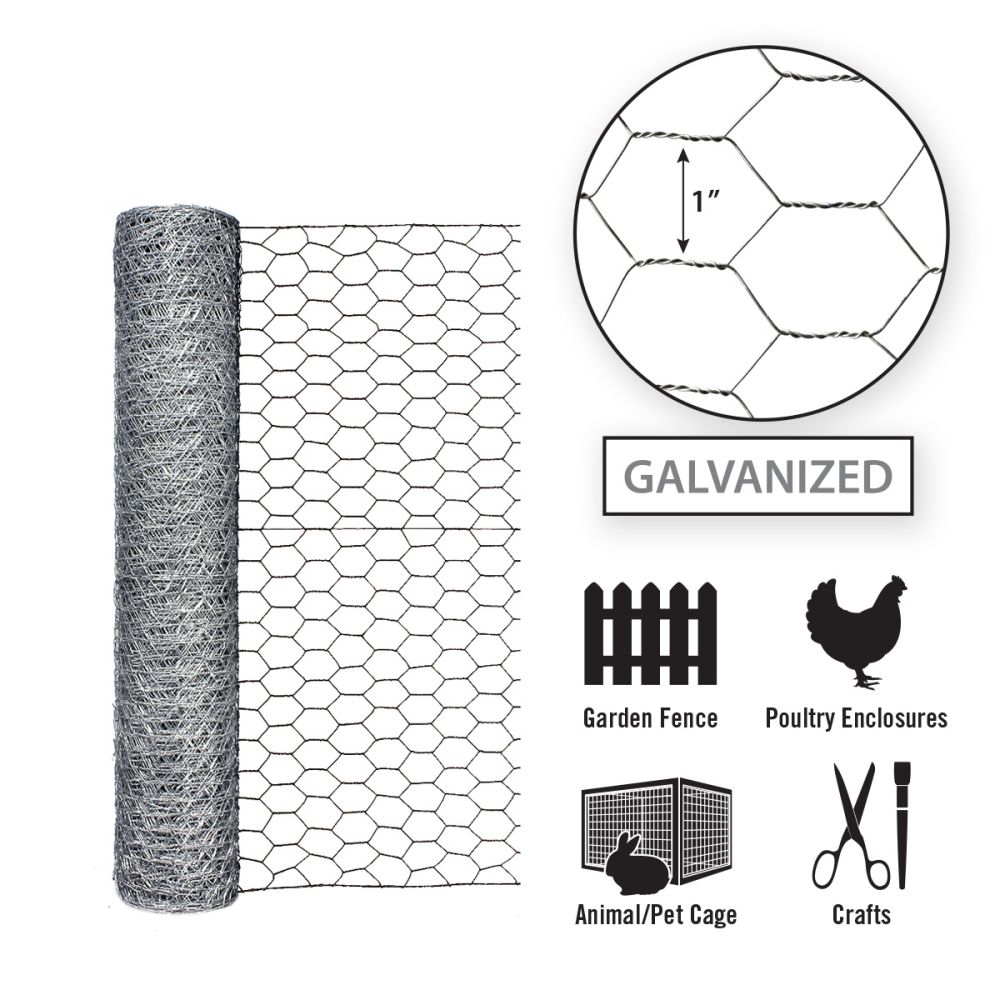wire mesh material
The Versatile World of Wire Mesh Materials
Wire mesh materials have become a staple in various industries due to their versatility, durability, and functionality. From construction to agriculture, wire mesh serves multiple purposes that are essential for modern applications. This article explores the types, characteristics, manufacturing processes, and applications of wire mesh materials, illustrating their vital role across different sectors.
What is Wire Mesh?
At its core, wire mesh is a grid-like structure made from interwoven or welded wire strands. The wires can be made from various materials, including steel, stainless steel, aluminum, and fiberglass. The choice of material typically depends on the intended application, environmental conditions, and required strength.
Types of Wire Mesh
Wire mesh can be categorized based on its manufacturing process and material characteristics. The two primary types include welded wire mesh and woven wire mesh.
1. Welded Wire Mesh This type is created by welding intersections of wire strands together at right angles. It provides high structural integrity and is commonly used in construction, fencing, and reinforcement applications. The welded joints create a strong grid, making it resistant to deformation under load.
2. Woven Wire Mesh Made by weaving wires together, this type usually offers more flexibility compared to welded varieties. Weaving allows for different mesh patterns and sizes, making it suitable for applications like filtration, sieving, and even decorative purposes.
Material Characteristics
The material used to manufacture wire mesh significantly affects its performance
- Stainless Steel Known for its corrosion resistance, stainless steel wire mesh is ideal for environments subject to moisture and chemicals. It is widely used in food processing, pharmaceutical industries, and marine applications. - Galvanized Steel Often used for outdoor applications, galvanized wire mesh is coated with zinc to protect it from corrosion. This type is commonly utilized in fencing, concrete reinforcement, and agricultural installations.
- Aluminum Lightweight yet strong, aluminum mesh is resistant to rust and corrosion. Its low weight makes it easy to handle and install, making it suitable for various architectural applications and residential use.
- Fiberglass A non-metal option, fiberglass mesh is often used in pool enclosures and as an insect screen. It is lightweight and resistant to degradation from chemicals and UV light.
Manufacturing Process
wire mesh material

The manufacturing of wire mesh involves several steps
1. Wire Drawing Raw materials are drawn into thin wires, which can be done using various techniques depending on the desired thickness and material properties.
2. Weaving or Welding Wires are either woven or welded to create mesh sheets. This step determines the type of mesh being produced.
3. Finishing The mesh may undergo finishing processes such as galvanization, coating, or polishing to enhance its resistance to corrosion and improve aesthetics.
Applications of Wire Mesh
The applications of wire mesh materials are diverse and extensive
- Construction Wire mesh is used for reinforcing concrete structures, providing tensile strength and preventing cracks.
- Agriculture Farmers utilize wire mesh for fencing livestock, protecting crops from pests, and creating trellises for climbing plants.
- Filtration and Separation In industrial applications, wire mesh is crucial for filtration processes, separating solids from liquids, and controlling particle sizes.
- Safety and Security Wire mesh is commonly used in safety barriers, security fencing, and even as cages for various applications.
- Decorative Uses In architecture and interior design, wire mesh can enhance aesthetics, serving as decorative panels or railings.
Conclusion
Wire mesh materials are incredibly versatile, serving crucial functions across numerous industries. As technology advances and new materials emerge, the potential applications for wire mesh continue to expand, reinforcing its importance in modern manufacturing and construction. Whether for practical use in agriculture or as an artistic element in design, wire mesh materials are an indispensable resource in today’s world.
-
Space-Saving Chain Fence Hacks Vertical Gardening with Cyclone MeshNewsJul.16,2025
-
Innovations in Iron Nail Wire Production for Modern ConstructionNewsJul.16,2025
-
Creative Uses of Wire Netting Fence in Modern Landscape DesignNewsJul.16,2025
-
Barbed Wire Fence Innovations in Anti-Climb TechnologyNewsJul.16,2025
-
Architectural Uses of Umbrella Nails for Aesthetic Roof DesignsNewsJul.16,2025
-
Architectural Uses of Razor Barbed Wire in Secure Urban DesignNewsJul.16,2025




